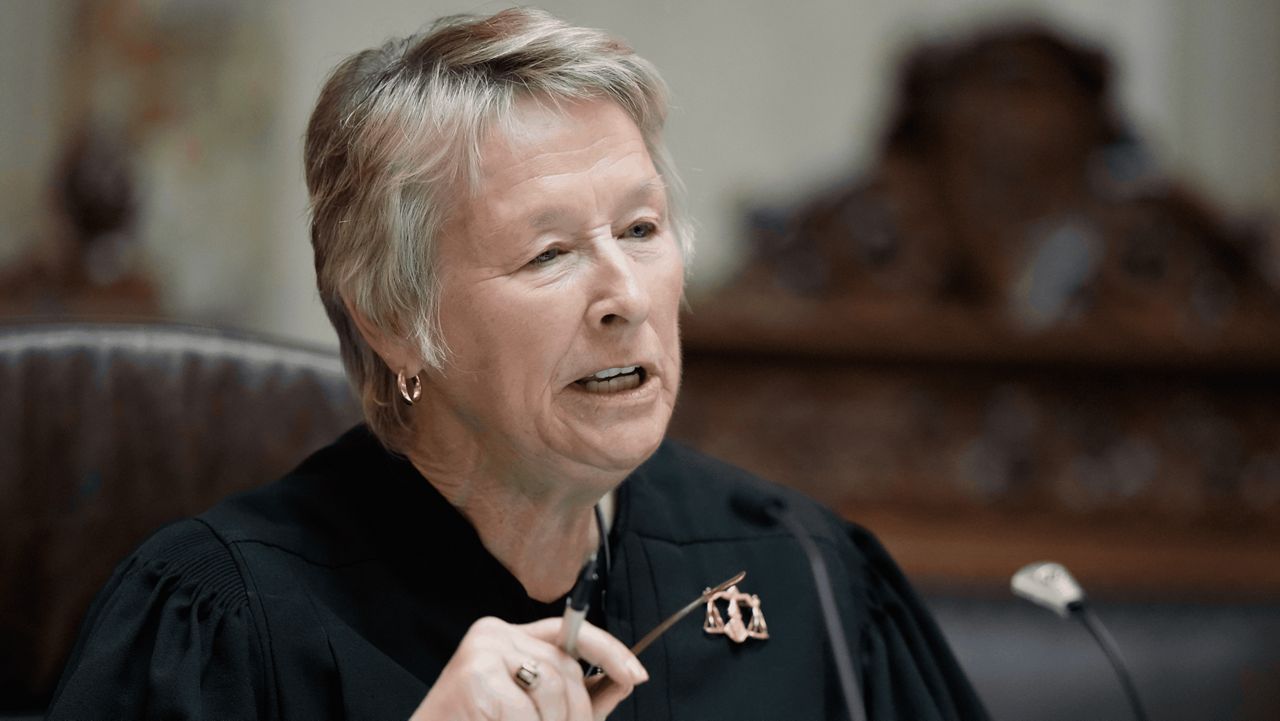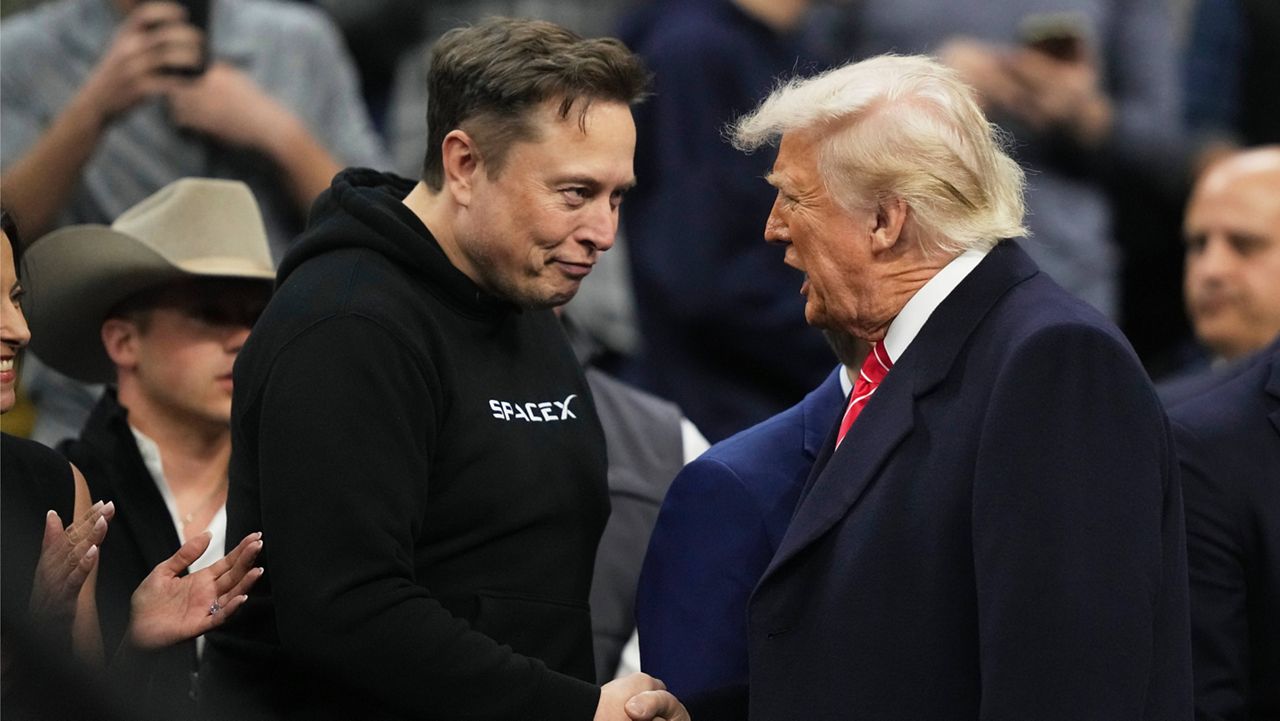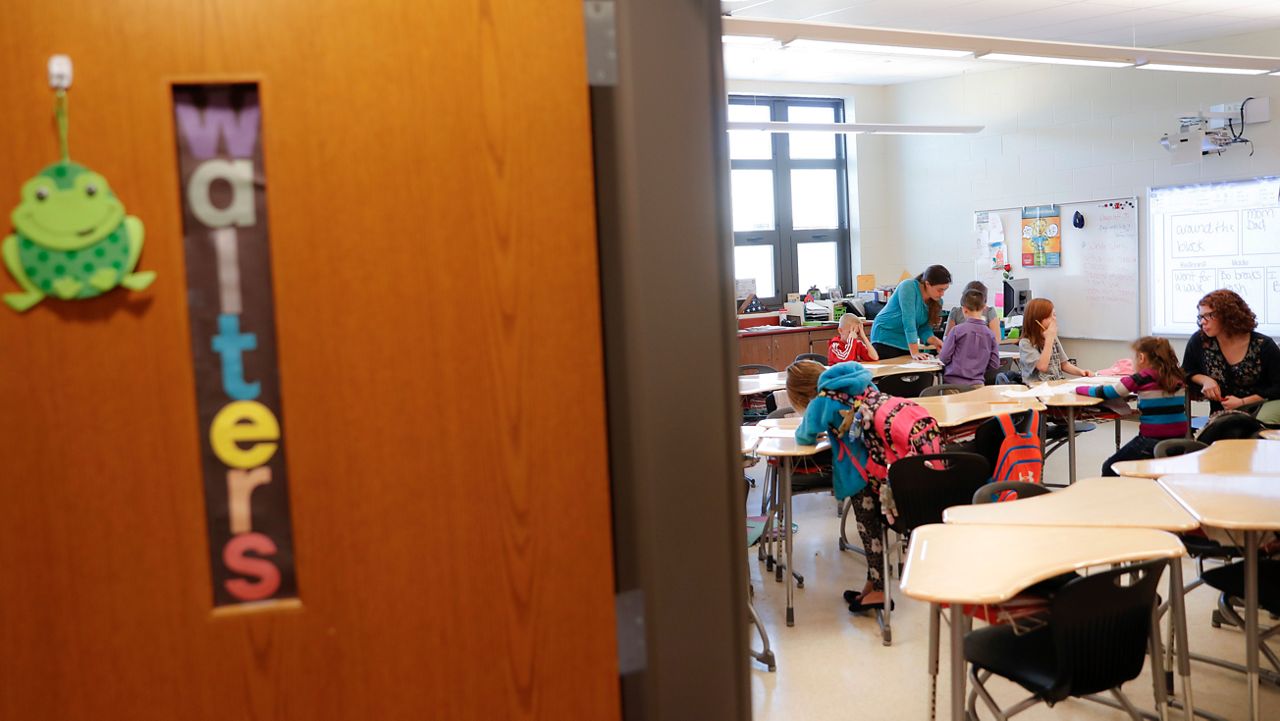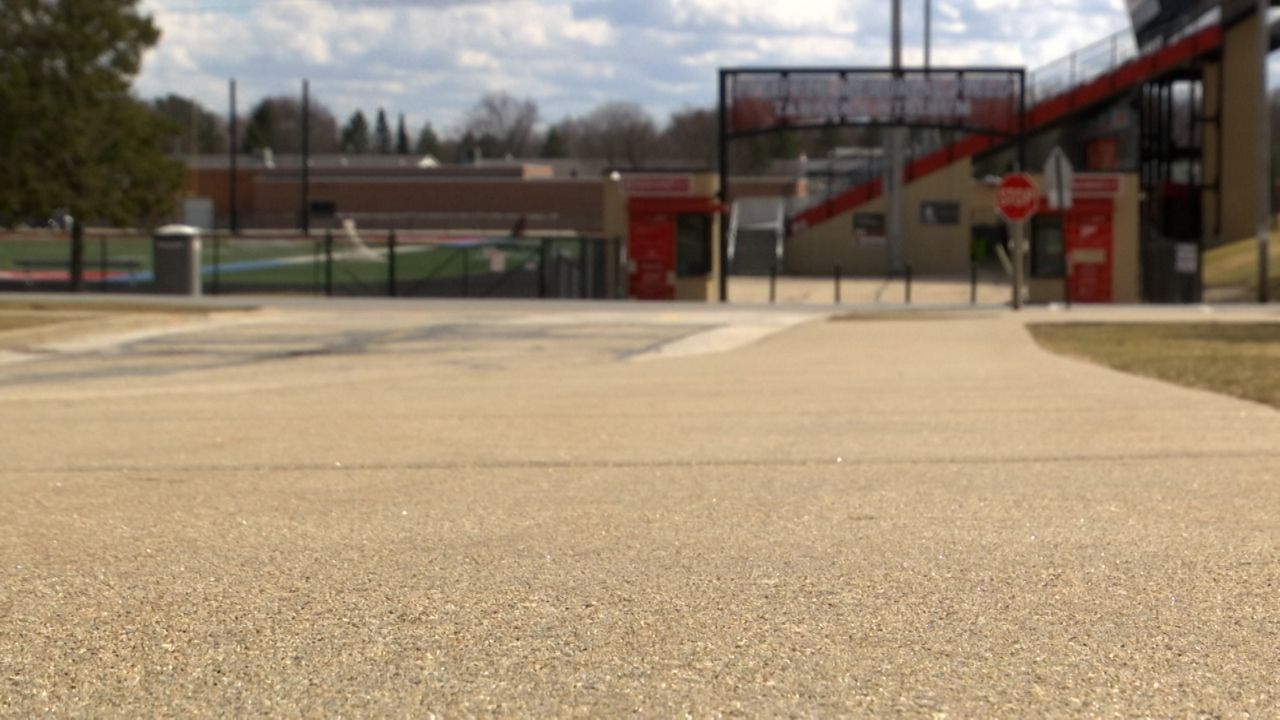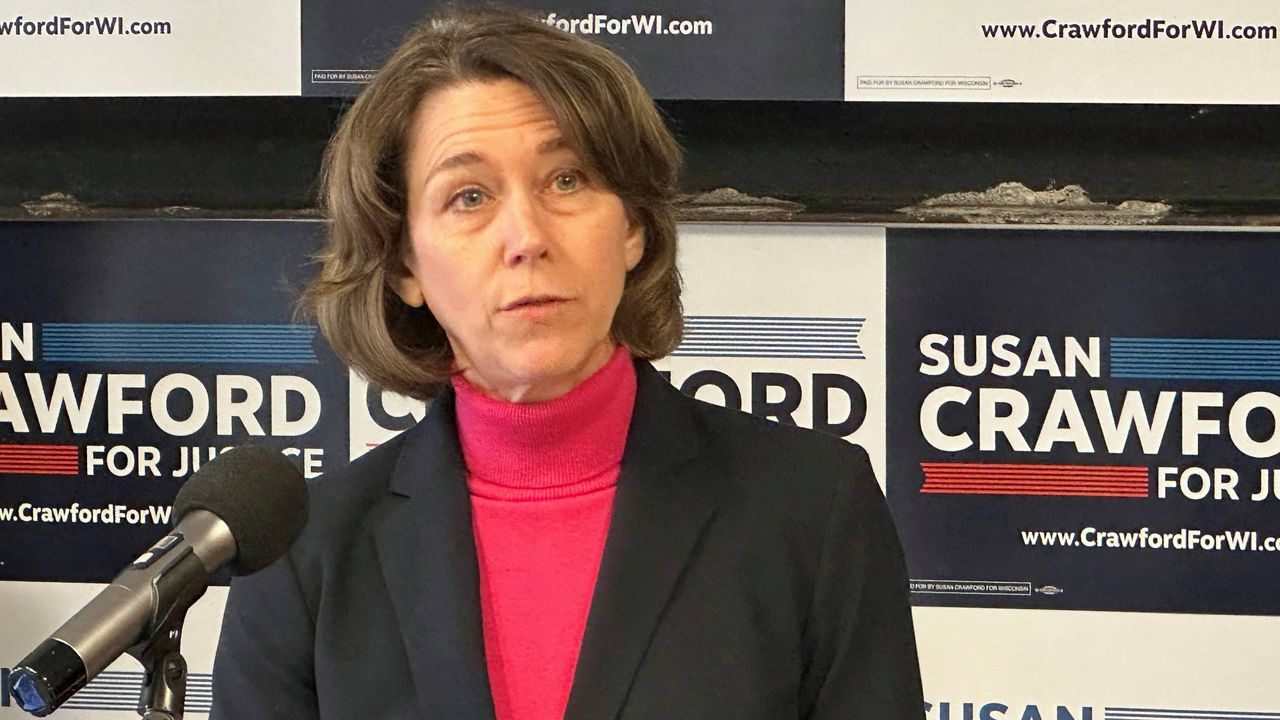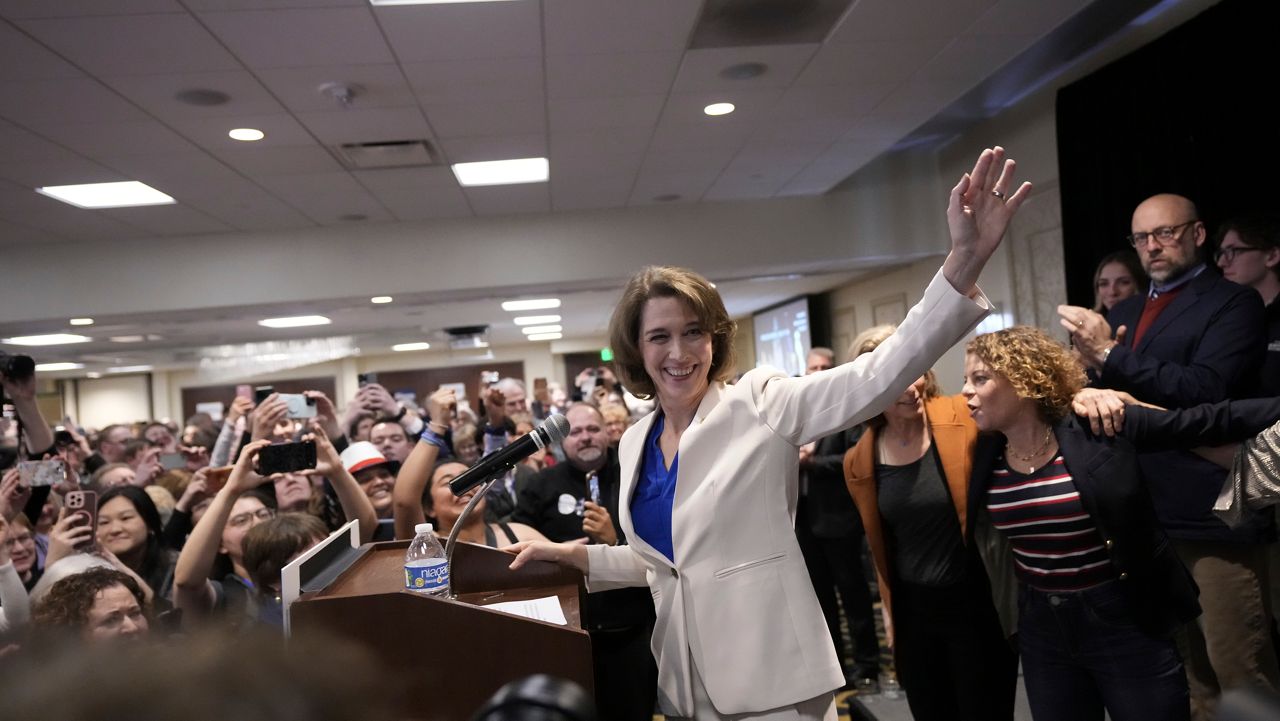WASHINGTON — The Supreme Court appeared Monday to be leaning toward a Catholic charitable organization pushing back against the state of Wisconsin in the latest religious rights case to come before the court.
The justices suggested the Catholic Charities Bureau should not have to pay unemployment taxes because the work of the social services agency is motivated by religious beliefs, and the state exempts religious groups from the tax.
“Isn’t it a fundamental principle of our First Amendment that the state shouldn’t be picking and choosing between religions?” Justice Neil Gorsuch said.
The dispute is one of three cases involving religion under consideration this term by the justices who have issued a string of decisions siding with churches and religious plaintiffs. The others involve religious objections to books read in public schools and public funding for religious schools.
The charities don’t qualify for the tax exemption because the day-to-day services it provides don’t involve religious teachings, Colin Roth, an attorney for Wisconsin, argued. Catholic Charities has paid the tax for over 50 years, and if the court finds it can claim the exemption that could open the door to big employers like religiously affiliated hospitals pulling out of the state unemployment system as well, he said.
While Roth faced a grilling from both liberal and conservative justices, some like Amy Coney Barrett raised questions about how far such exemptions would go. “The problem here is how to figure out what the line is,” she said.
Alexander Volokh, an associate professor at Emory Law School, said there are inherent problems with Wisconsin’s argument.
“If you want to distinguish between acts that are religious and acts that are non-religious, that puts the government officials in the position of trying to understand the dogmas of a religion and decide what is truly central to the religion and what's not truly central to the religion. How important is it to Catholics to care for the poor and treat the sick?" Volokh said.
"Is it just something that they do accidentally, which any secular person could do, or is it part and parcel of their entire worldview? Like, trying to distinguish between different kinds of acts, and which are really religious and which are not, that's something which raises its own nightmare and entanglement thicket, and I think the Supreme Court is going to be not very enthusiastic about wanting to enter into that thicket.”
The Trump administration weighed in to support the charity, urging the court to toss out a Wisconsin Supreme Court ruling siding with the state. The state high court misinterpreted a federal law when it found that both the motivations and the work itself have to be religious for organizations to avoid paying the tax, Deputy Solicitor General Curtis Gannon said.
“The Wisconsin Supreme Court deserves to know it is incorrect,” he said.
The arguments coincidentally come the day before a closely watched Wisconsin Supreme Court election that’s drawn the involvement of billionaire Trump adviser Elon Musk.
Catholic Charities argues the state Supreme Court decision violates religious freedoms protected by the First Amendment by making determinations about what work qualifies as religious.
Wisconsin exempts church-controlled organizations from unemployment tax if they are operated primarily for religious purposes. The Catholic Charities Bureau, though, has paid the tax since 1972. Much of the groups’ funding is from public money, and neither employees nor people receiving services have to subscribe to any faith, according to court papers from the state.
When asked why the Catholic Charities Bureau might be seeking this exemption now, Volokh said people can decide any time to assert their rights.
“It could be that you're happy to pay a tax if the tax is low, and then if the tax becomes higher, then all of a sudden you want to challenge it, and that's perfectly fine,” he said. “It could be that you didn't challenge it because you thought the Supreme Court was going to be unsympathetic to you, but now you think the Supreme Court will be more sympathetic. It's perfectly fair to raise a right that you have at any time that you want to. And so, it could be opportunistic, but look, it's a free country, and we're allowed to assert our rights whenever we want to, and if we think that a law doesn't apply to us, we can make that argument when we like, even if we've been complying with the law in the past.”
If the Supreme Court sides with the charity, employees would be covered by the faith’s unemployment system, an option it argues is better than the state’s system. The state said the costs are about the same, but the state offers more due process for employees who feel claims were wrongly denied.
A decision is expected by late June.







